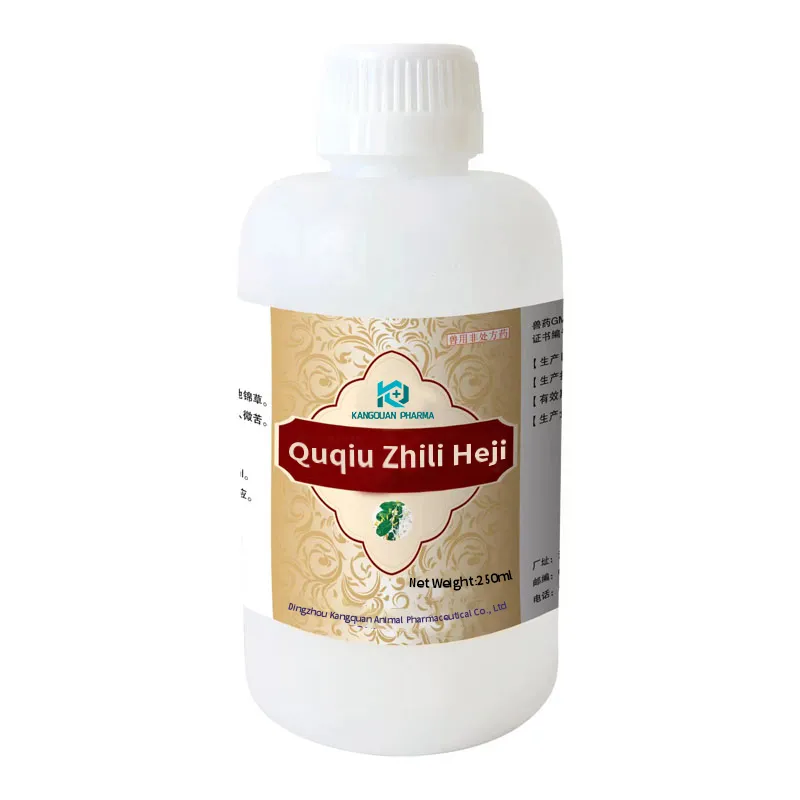- Afrikaans
- Albanian
- Amharic
- Arabic
- Armenian
- Azerbaijani
- Basque
- Belarusian
- Bengali
- Bosnian
- Bulgarian
- Catalan
- Cebuano
- Corsican
- Croatian
- Czech
- Danish
- Dutch
- English
- Esperanto
- Estonian
- Finnish
- French
- Frisian
- Galician
- Georgian
- German
- Greek
- Gujarati
- Haitian Creole
- hausa
- hawaiian
- Hebrew
- Hindi
- Miao
- Hungarian
- Icelandic
- igbo
- Indonesian
- irish
- Italian
- Japanese
- Javanese
- Kannada
- kazakh
- Khmer
- Rwandese
- Korean
- Kurdish
- Kyrgyz
- Lao
- Latin
- Latvian
- Lithuanian
- Luxembourgish
- Macedonian
- Malgashi
- Malay
- Malayalam
- Maltese
- Maori
- Marathi
- Mongolian
- Myanmar
- Nepali
- Norwegian
- Norwegian
- Occitan
- Pashto
- Persian
- Polish
- Portuguese
- Punjabi
- Romanian
- Russian
- Samoan
- Scottish Gaelic
- Serbian
- Sesotho
- Shona
- Sindhi
- Sinhala
- Slovak
- Slovenian
- Somali
- Spanish
- Sundanese
- Swahili
- Swedish
- Tagalog
- Tajik
- Tamil
- Tatar
- Telugu
- Thai
- Turkish
- Turkmen
- Ukrainian
- Urdu
- Uighur
- Uzbek
- Vietnamese
- Welsh
- Bantu
- Yiddish
- Yoruba
- Zulu
ታኅሣ . 03, 2024 19:17 Back to list
Veterinary Multivitamin Injections for Animal Health and Wellness Solutions
Multivitamin Injection in Veterinary Medicine A Comprehensive Overview
Multivitamin injections have gained significant attention in veterinary medicine, providing a practical solution for a variety of health issues in animals. These injections are designed to supplement essential vitamins and minerals that may be lacking in an animal's diet, thus supporting overall health, growth, and recovery from illness or injury.
Importance of Multivitamins in Animal Health
Animals, much like humans, require a balanced diet to thrive. However, various factors such as poor nutrition, illness, and age can hinder their ability to absorb vital nutrients. This is where multivitamin injections come into play. They deliver a concentrated dose of essential vitamins and minerals directly into the bloodstream, ensuring that the animal receives the necessary nutrients quickly and effectively.
Multivitamins play a critical role in numerous bodily functions. For instance, B vitamins are essential for energy metabolism and the health of the nervous system. Vitamin A supports vision and immune function, while Vitamin D is crucial for calcium absorption and bone health. Additionally, Vitamin E acts as an antioxidant, protecting cells from damage. Given the diverse roles these vitamins play, their deficiency can lead to numerous health issues, ranging from weakened immune responses to impaired growth and development.
Applications in Veterinary Medicine
Veterinarians often recommend multivitamin injections in specific scenarios. For example, animals recovering from surgery or illness may require additional nutrients to support healing. These injections can also be beneficial for geriatric animals that may have decreased appetite or absorption issues. Furthermore, they are helpful in cases where animals are unable to consume a balanced diet, such as in the case of some shelter pets or animals with certain health conditions.
multivitamin injection veterinary

In livestock, multivitamin injections are used to enhance productivity and overall health. For instance, dairy cows receiving multivitamin supplements may produce more milk and have improved fertility rates. Similarly, horses involved in rigorous training or competition often require additional vitamins to maintain peak performance and recovery.
Safety and Considerations
While multivitamin injections can provide numerous benefits, it is crucial for pet owners and veterinarians to exercise caution. Over-supplementation of certain vitamins can lead to toxicity, especially with fat-soluble vitamins such as A, D, E, and K. Therefore, it is essential to adhere to the recommended dosages and frequency of administration.
Veterinarians typically perform a thorough assessment, including dietary evaluation and blood tests, before administering multivitamin injections. This approach ensures that the treatment is tailored to the animal's specific needs and reduces the risk of adverse effects.
Conclusion
Multivitamin injections are a valuable tool in veterinary medicine, offering a targeted approach to correcting nutritional deficiencies and promoting optimal health in animals. As knowledge in animal nutrition continues to evolve, these injections will likely play an increasingly important role in veterinary care. However, it is imperative for pet owners to work closely with their veterinarians to ensure safe and effective use. By understanding the significance of multivitamins and incorporating them into comprehensive health plans, we can help our animal companions lead healthier, more vibrant lives.
-
Guide to Oxytetracycline Injection
NewsMar.27,2025
-
Guide to Colistin Sulphate
NewsMar.27,2025
-
Gentamicin Sulfate: Uses, Price, And Key Information
NewsMar.27,2025
-
Enrofloxacin Injection: Uses, Price, And Supplier Information
NewsMar.27,2025
-
Dexamethasone Sodium Phosphate Injection: Uses, Price, And Key Information
NewsMar.27,2025
-
Albendazole Tablet: Uses, Dosage, Cost, And Key Information
NewsMar.27,2025













